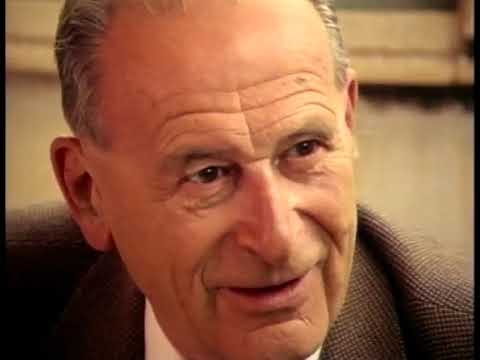"Analysis begins and ends with conscience"
C.A Meier on the role of conscience in Jungian psychoanalysis
Extract from an interview with C.G Jung’s close associate C.A Meier (1905 – 1995)
“Analysis proper and particularly Jungian analysis begins and ends with conscience. That is that you take responsibility, that you take into consideration, all those manifestations which so far have remained in the unconscious. In other words, you were not conscious of it. And if you start taking responsibility for those manifestations, like shadow qualities and what not , then this is a very strong test for your conscience. Isn't it?
And so, I mean, you have to, to, or you have to think of the beginning of, of psychoanalysis. I mean, it took an enormous amount of moral courage to face these facts, which so far has not been considered. Or repressed, you know, as here, you have to openly admit and to come to terms with these things.
So conscience is the development of human conscience is something of absolutely societal importance. I mean, in the development of the personality, I think it's the final judgment that can be made. Not that it is to be dependent on anything external, but it is your personal achievement to develop this, this conscience.
And that is, I think that can safely be said about Jungian psychology in general, the development of conscience, and Jung his paper. He makes it very clear. At the last analysis of the conscience is something archetypal. It's an archetype of conscience. In other words of responsibility toward yourself, as well as to the world.
And in that sense, you were then connected to your inner truth, as well as to the outer. I think that that is how, how it could be summed up really in a few words, what we really try to achieve in our practice and in our own life, if possible.”
Extract from an interview with C.G Jung’s close associate C.A Meier (1905 – 1995)
This clip is a sample from the interview series Remembering Jung.


